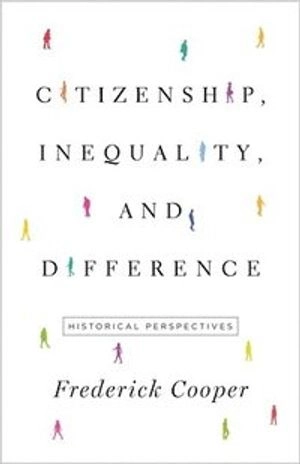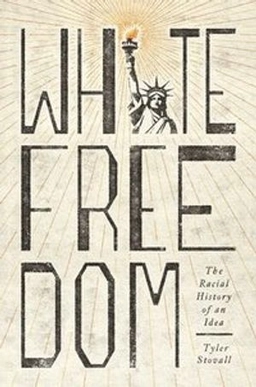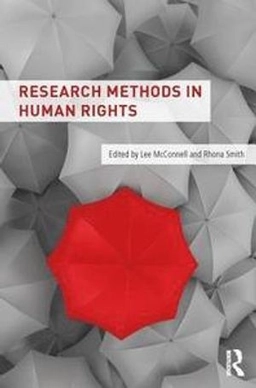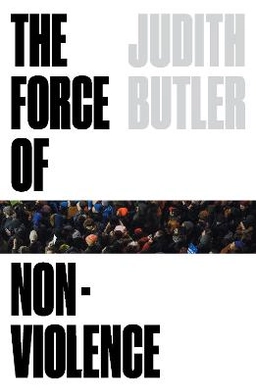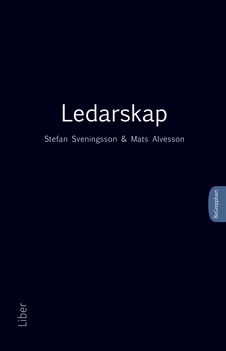A succinct and comprehensive history of the development of citizenship from the Roman Empire to the present day
Citizenship, Inequality, and Difference offers a concise and sweeping overview of citizenship's complex evolution, from ancient Rome to the present. Political leaders and thinkers still debate, as they did in Republican Rome, whether the presumed equivalence of citizens is compatible with cultural diversity and economic inequality. Frederick Cooper presents citizenship as "claim-making"--the assertion of rights in a political entity. What those rights should be and to whom they should apply have long been subjects for discussion and political mobilization, while the kind of political entity in which claims and counterclaims have been made has varied over time and space.
Citizenship ideas were first shaped in the context of empires. The relationship of citizenship to "nation" and "empire" was hotly debated after the revolutions in France and the Americas, and claims to "imperial citizenship" continued to be made in the mid-twentieth century. Cooper examines struggles over citizenship in the Spanish, French, British, Ottoman, Russian, Soviet, and American empires, and he explains the reconfiguration of citizenship questions after the collapse of empires in Africa and India. He explores the tension today between individualistic and social conceptions of citizenship, as well as between citizenship as an exclusionary notion and flexible and multinational conceptions of citizenship.
Citizenship, Inequality, and Difference is a historically based reflection on some of the most fundamental issues facing human societies in the past and present.
Åtkomstkoder och digitalt tilläggsmaterial garanteras inte med begagnade böcker
